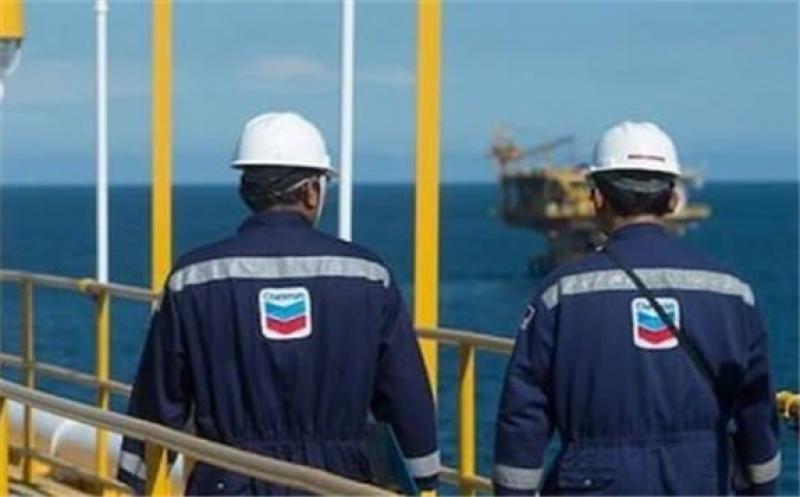Kazakhstan is in talks with the companies operating its two sizeable offshore oil projects to reduce total output by 22 percent in compliance with the latest OPEC+ production cut agreement.

The Central Asian country’s cut quota under the OPEC+ deal was 390,000 bpd, from a total daily production of some 1.3 million bpd, most it coming from the Tengiz and Kashagan fields in the Caspian Sea, which last year accounted for a combined daily output of 900,000 barrels of crude.
The situation is atypical since a supermajor leads the consortia that operate Tengiz and Kashagan. The majority partner in Tengizchevroil, which operates the Tengiz field, is U.S. Chevron, which is also a partner in the North Caspian Operating Company, developing Kashagan. Until now, the two companies have not been involved in production cuts. This time, however, they were not just asked, but are about to agree to the cuts, according to Reuters sources.
Kazakhstan is not alone in negotiating production cuts with private field operators. Neighbor Azerbaijan, with whom the country shares the Caspian Sea’s oil riches, asked an oil supermajor for help in attaining its share of the production cuts as well. Azerbaijan asked the BP-led consortium that operates the Azeri-Chirag-Guneshli offshore field system to start reducing its output from May.
Last year, the ACG group produced some 542,000 bpd. Now, BP and its partners would need to reduce this by between 75,000 bpd and 80,000 bpd to fill the country’s reduction quota, which stands at 164,000 bpd.
OPEC and its partners, which besides Russia also include the Central Asian oil producers, agreed early this month to reduce its combined production by 9.7 million bpd to counter a dramatic drop in oil prices. The amount to be cut, however, is nowhere near the loss in demand resulting from travel banks and lockdowns in response to the coronavirus pandemic. This suggests that along with deliberate cuts, there will be forced well shut-ins as barrels produced remain unsold, and storage space runs scarce on a global scale.